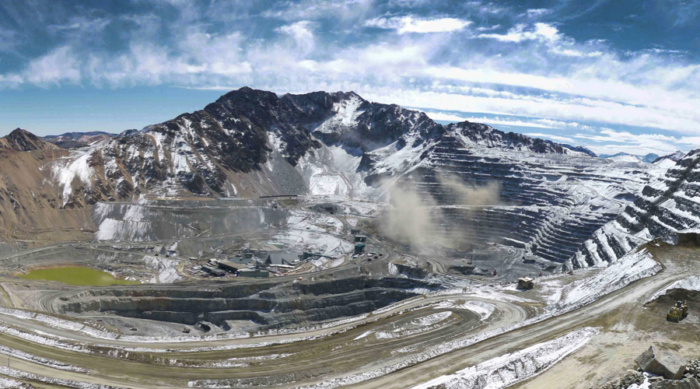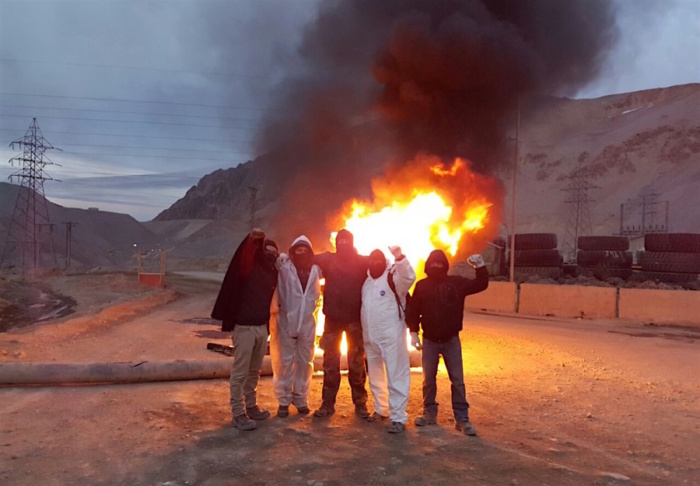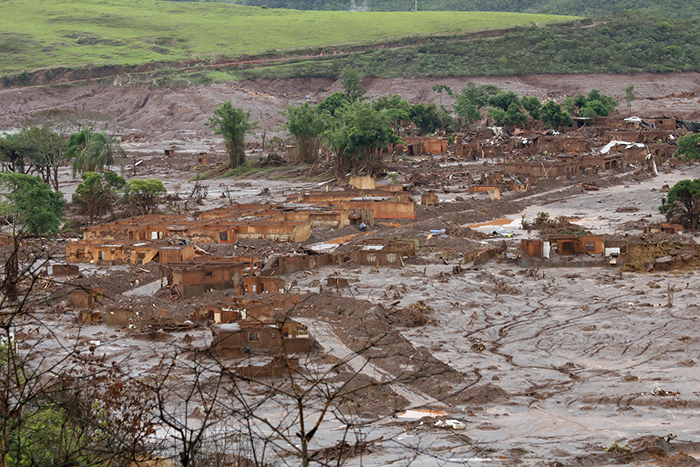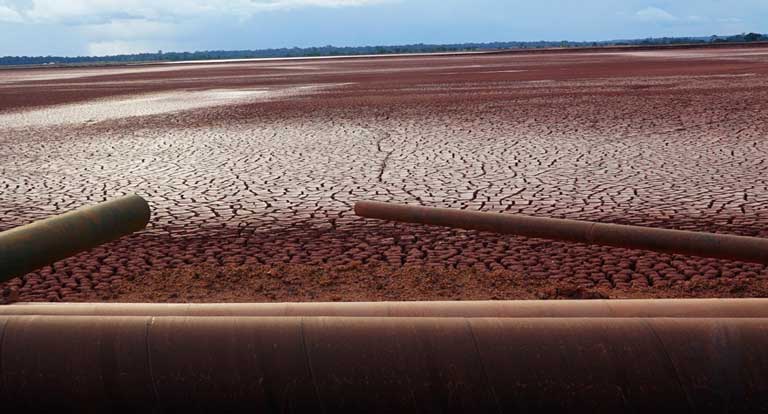The crowdfunding campaign for The Heart of Our Earth, our project dedicated to community resistance to mining in Latin America, came to an end on 23 December.
The Crowdfunding campaign raised just under £9,000, while two separate large donations to the project added a futher £7,250 yielding a magnificent total of approximately £16,250. This is a spectacular result!
We would like to thank everyone who made this possible, whether by donating, or by spreading the word about the campaign and helping us to reach people we might not otherwise have made contact with.
We will still need further funding to complete the book and to develop and sustain the associated website. Click below to contribute.
We’ve also been delighted to see so many people get in touch offering to help out with translation and research as the project moves forward, and we look forward to working with as many of you as possible during 2021.
With its focus on issues such as sustainability, environmental preservation, and the fight against climate change, The Heart of Our Earth is an essentially optimistic and forward-looking project and it has been really uplifting to see so many people get behind it – not least at the end of a year which has been stressful and upsetting for so many of us.
LAB will post an update in early 2021 about the plans for the project. It is likely that the pandemic will preclude any fieldwork in 2021, meaning that we will have to rely on in-country reporters and contacts within mining-impacted communities themselves. In some ways this is a better research methodology, but it will be more complex and will take longer.
Until the book can be completed LAB will establish The Heart of Our Earth website and begin to populate it with mining-related news and reports from across the region.
Seasonal best wishes to all from LAB, and we hope that you are able to celebrate with at least some of your friends and family.
Chile’s glaciers threatened

In Chile, Anglo American is planning to expand its Los Bronces mine, which has been worked for over 150 years and is running out of high-grade ore. The expansion is projected to cost over $3 billion.
There is just one problem. The project is located close to the Olivares glaciers, which supply water to the sources of the Maipo and Mapocho rivers. The Mapocho flows through Santiago from east to west, dividing the Chilean capital in two, while the Maipo (of which the Mapocho is a tributary) is the main river flowing through the Santiago Metropolitan Region and the Valparaiso Region, the most densely populated area in the country.
Chile has been suffering from what is being called a ‘mega drought’ for the last decade, the worst in the last sixty years. This has led to the creation of an emergency zone for agriculture that covers six of the country’s sixteen regions.
But this crisis has undoubtedly been exacerbated by Chile’s dependence on mining. For example, Anglo American has the right to consume 400 litres of water per second, which then becomes wastewater unfit for consumption by humans or use in agriculture.

Communities located close to Anglo American operations have reported water shortages, such as El Melón in the Valparaiso Region, which for years has mobilised against Anglo American’s El Soldado project. There are families in El Melón who have not had access to piped water since 2015.
So with more than 70% of the Chilean population depending on the glaciers for water, the glaciers must surely remain untouched if the country is to provide water for its population in the coming years.
Corporate social irresponsibility

Meanwhile in Brazil, the company Samarco (a joint venture between the Brazilian company Vale and the Anglo-Australian giant BHP) resumed operations at the Complexo do Germano on 11 December.
Just over five years previously, this mine was the site of a major tailings dam failure which caused Brazil’s worst-ever environmental disaster. Nineteen people were killed, three villages were destroyed, and 50 million cubic metres of mine tailings went gushing into the River Doce, polluting the entire river basin as far as the Atlantic Ocean over 600 km away – an area the size of Portugal.
Five years on, and none of the families who were made homeless by the disaster have been rehoused. Using the Renova Foundation, a non-profit organisation set up supposedly to oversee the environmental recovery and compensate those affected, Vale and BHP have spent the last five years trying to dodge their liabilities. Indeed, in October, Brazilian prosecutors said Renova had failed to deliver on any of its promises.
‘We have lived through learning for the past five years,’ said Samarco CEO Rodrigo Vilela. But given that Vale, one of Samarco’s parent companies, was also responsible for the Brumadinho tragedy of 2019, it appears that the learning has been mainly about how to evade regulation and defer responsibilities, not on how to compensate victims and operate responsibly in future.

